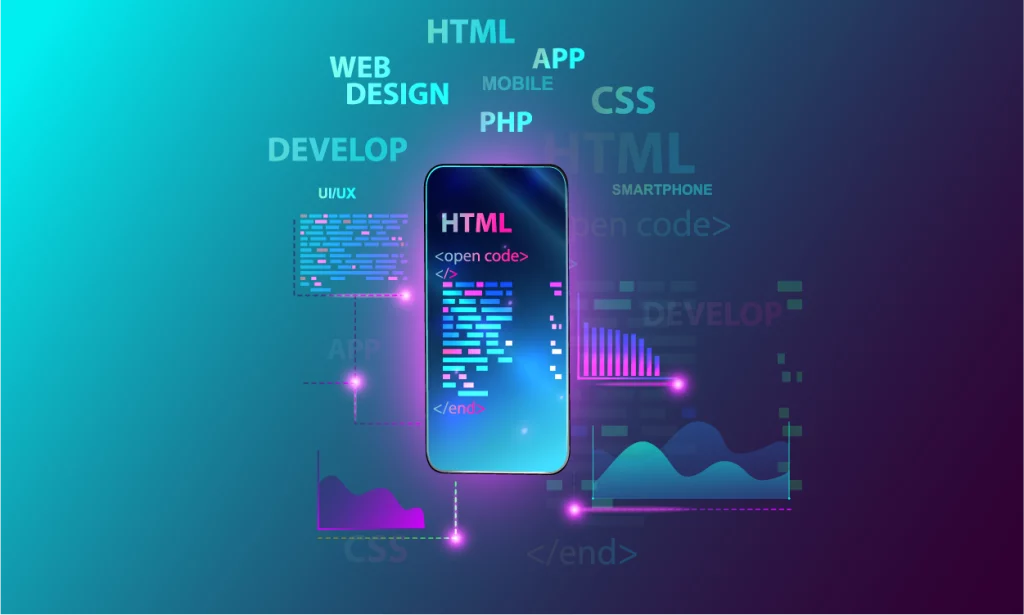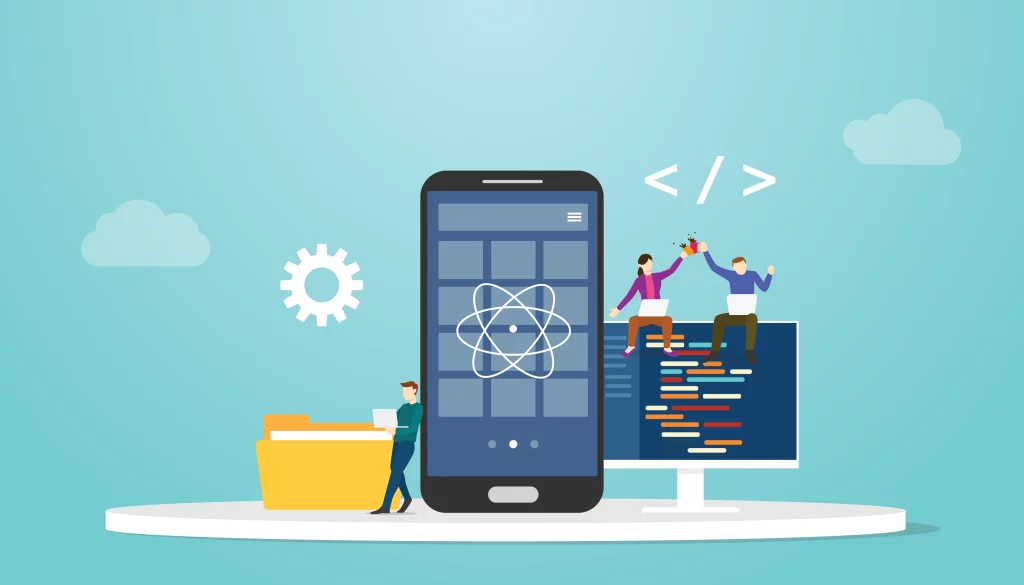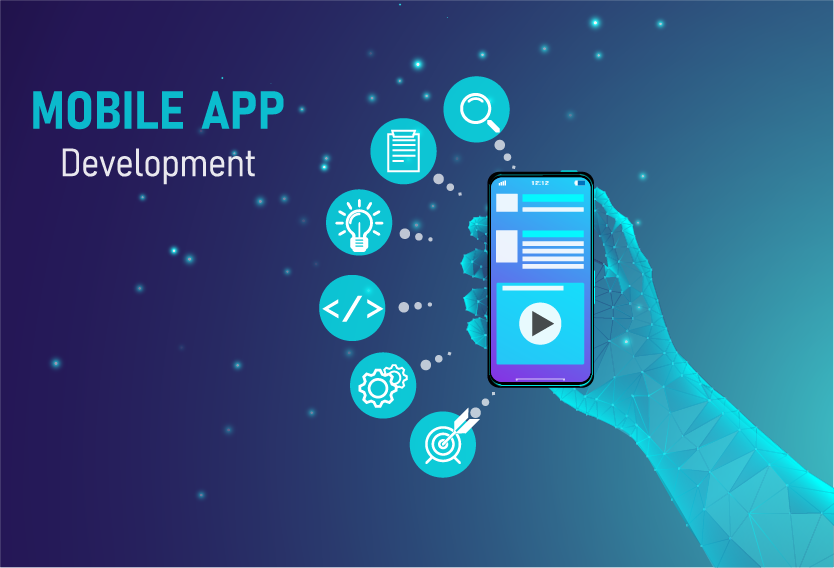Mobile applications programming has experienced significant growth in recent years, becoming one of the most important and widespread fields in programming today. This is particularly evident with the increasing industry of applications and their flourishing in business activities. The substantial rise in the number of users of digital and smart devices and their reliance on them in various daily activities has contributed to this trend. In this article, we will delve into mobile applications programming in detail.
Table of content
What is Mobile Applications Programming?
Mobile applications programming is defined as the process of creating and developing a set of programs designed to operate on digital devices, whether running on the Android or iOS operating systems. The continuous enhancement of program efficiency is essential for helping applications progress and achieve their goals. This is achieved by relying on modern programming languages. As a result, business owners, organizations, and various brands seek collaboration with professional developers to provide integrated and suitable programming. Continuous support and development are crucial for applications’ success.

Types of Mobile Applications
The types of mobile applications vary based on the phone operating systems, whether Android or iOS. The following are the main types:
Native Applications:
These are applications specifically designed for each operating system separately. Each version of the application is programmed differently using a different programming language. For example, Java or Kotlin is used to program applications for the Android system, while Swift is employed for mobile applications on iOS.
Hybrid Applications:
Hybrid applications are programmed to work on both Android and iOS operating systems. They offer different features for each platform based on their requirements. These applications do not require a high financial cost compared to native applications. Additionally, they provide a good and consistent user experience.

Web Applications:
These applications are developed using web programming technologies. They involve adapting websites for mobile use, ensuring compatibility with different screen sizes. Web applications are accessible on both Android and iOS devices and operate through browsers such as Chrome or Safari. One notable advantage is that these applications do not require store approval for release; they can be easily launched at any time.
To view our portfolio
Advantages of Developing Mobile Applications
Owning a dedicated mobile application opens continuous new opportunities for brands, making them more capable of growth and expansion in the market. Mobile applications have become an essential and effective means for the success of brands, companies, and institutions due to the benefits and features they offer:

Understanding User Behavior:
One of the key advantages of mobile application programming is the ability to closely understand user preferences, behaviors, and tendencies. This enables businesses to conduct comprehensive studies and analyses of target audiences, monitor choices, and work on continuous improvements to provide high-quality services based on user preferences.
Positive Brand Reputation:
Having a brand-specific application signifies a commitment to customer care and a dedication to delivering high-quality services. This, in turn, helps build a strong and positive brand reputation in the market and among customers, leading to increased visibility, expansion, and higher sales and revenues.
Quick Communication Channel with the Audience:
Mobile applications provide a fast means of communication with the audience and customers. They enable the quick presentation of updates, offers, new products, and services through notifications. Additionally, they facilitate easy access for customers to technical support services, making service requests more straightforward and secure.
Increased Interaction and Profits:
Mobile applications ease the effective targeting of the audience, providing a channel for sending precise instructions and recommendations. This facilitates customers’ access to services or products and encourages them to take various actions, including making purchases, contacting, inquiring, or participating.

In conclusion, we have explored mobile application programming, reviewing essential information about application types and their features. Feel free to contact us at Apollo Solutions for the best mobile application programming experience.



